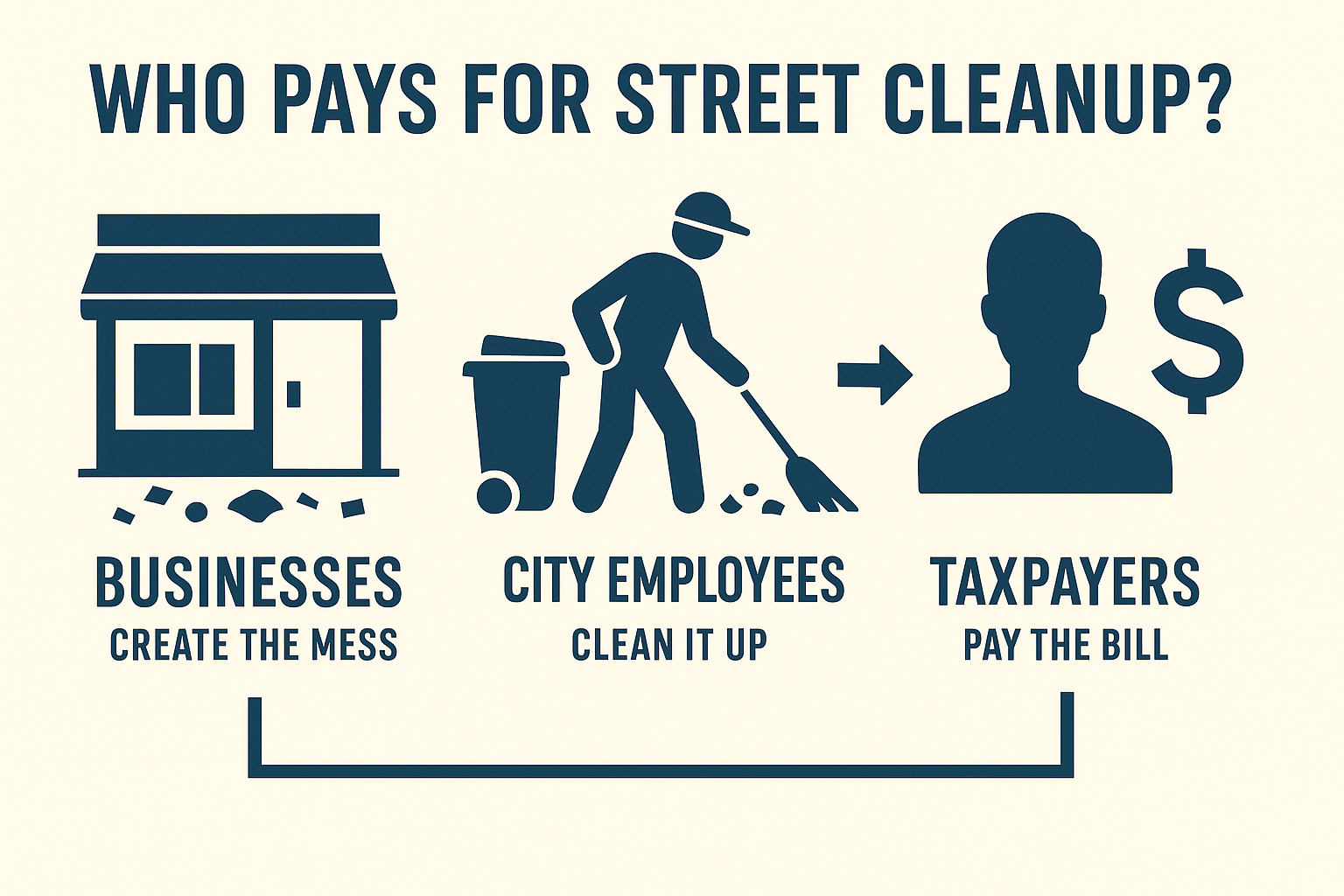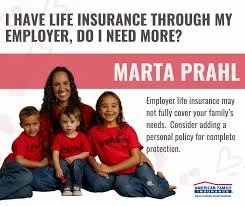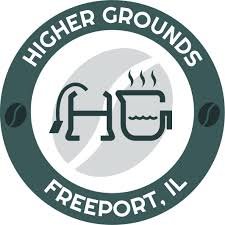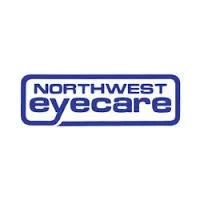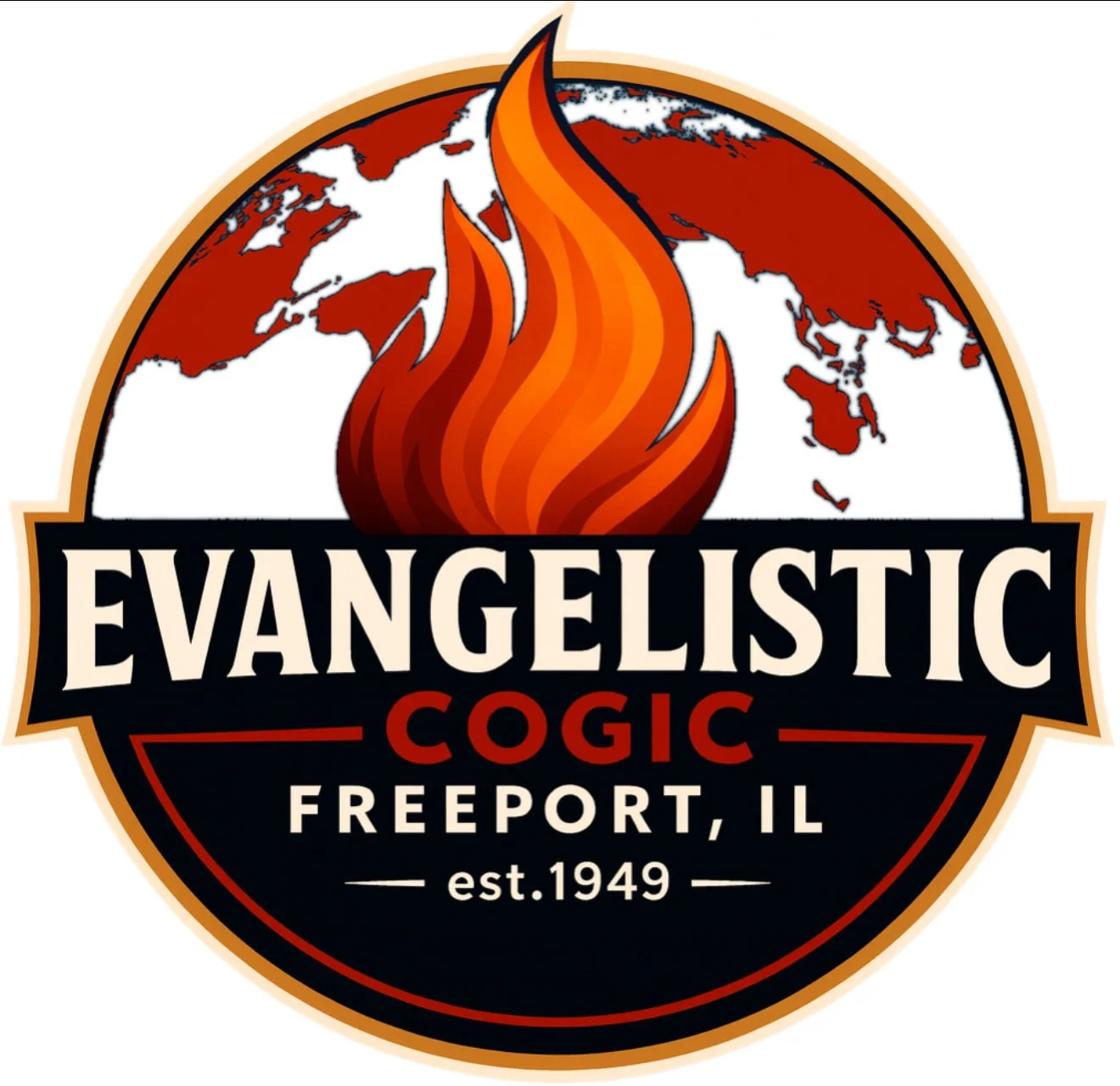Freeport Taxpayers Are Done Paying for Other People’s Messes
By Joshua T. Atkinson
FREEPORT, IL – November 25, 2025
Freeport’s Code of Ordinances has an entire section dedicated to keeping our streets clean, safe, and open for everyone: Chapter 1020 – Streets Generally. It covers everything from littering to obstructing sidewalks, to who pays when businesses or private organizations exploit public property for their own use. On paper, these laws protect residents. In reality, too many of these rules are ignored, inconsistently enforced, or selectively applied — leaving taxpayers holding the broom, the bill, or both.
This chapter is clear: our streets belong to the public, not to private interests. Businesses and event organizers may temporarily use these spaces, but they are supposed to clean up after themselves and restore the space to safe condition — at their own expense, not ours. When trash is left behind, when debris blocks a sidewalk, or when snow is pushed into the street causing dangerous conditions, there should be direct accountability. The ordinance explicitly states that violators are responsible for removal costs and damages. Yet time and time again, cleanup crews from Public Works — funded by you — are the ones sent to fix negligent behavior by third parties who walk away without consequence.
Dumping trash into gutters, leaving accident debris in the road, blocking sidewalks with equipment, attaching signs and advertisements to power poles, or painting markings without approval — every one of these actions shifts responsibility back onto the city if enforcement is weak. Taxpayers pay for the staff and equipment. Taxpayers pay for the repairs and the overtime. Taxpayers pick up the tab for someone else’s mess — over and over again. This is not how it is supposed to work. Cleanup costs should be billed directly to business owners, contractors, and event organizers who violate these laws — not soaked into the general public works budget and hidden from the public eye.
Even routine seasonal services become burdensome when rules aren’t followed. Leaves may be placed on the curb for pickup, but only at specific times and in designated manners. Snow is never allowed to be thrown or pushed into streets — yet it happens almost daily during the winter months. Businesses with plows shove their snow onto public roads to save themselves time and money, forcing city crews to re-clear roads and respond to slick hazards they did not create. Residents who shovel responsibly are punished twice — once by doing the work themselves and again by paying the taxes to clean up after those who refuse to.
This ordinance exists to keep streets safe and accessible for children walking to school, for the disabled navigating sidewalks, for emergency vehicles requiring clear routes, and for the families who expect their neighborhoods not to resemble landfills. But an ordinance is only as effective as the City leadership willing to enforce it. When enforcement is inconsistent, selective, or nonexistent, the message is simple: rules are optional depending on who you are or who you know.
Freeport deserves better. We deserve a city government that values accountability as much as it values drafting ordinances. We deserve transparency in how violations are handled and where violation costs are charged. We deserve enforcement that protects the citizens footing the bill, not the private actors abusing the system. There should be no more shifting responsibility from violators to residents — no more taxpayer-funded cleanup for private gain.
If an organization uses city streets for profit or promotion, they should respect that privilege by restoring those spaces when they’re done. If a business blocks sidewalks or plows snow into roads, they should receive the fines and cleanup invoices our laws require. If someone dumps trash where our children play, they should be the ones paying to remove it — not the families already struggling to pay higher taxes.
Clean, safe streets are a basic expectation — the bare minimum of city governance. Chapter 1020 lays the groundwork. It’s time leadership follows through. Fighting4Freeport will continue to expose where enforcement falls short and push for a city where public resources are no longer treated like free labor for private convenience. Freeport residents shouldn’t have to pay any more than they already do. It’s long past time for accountability to match the rules written in ink.




